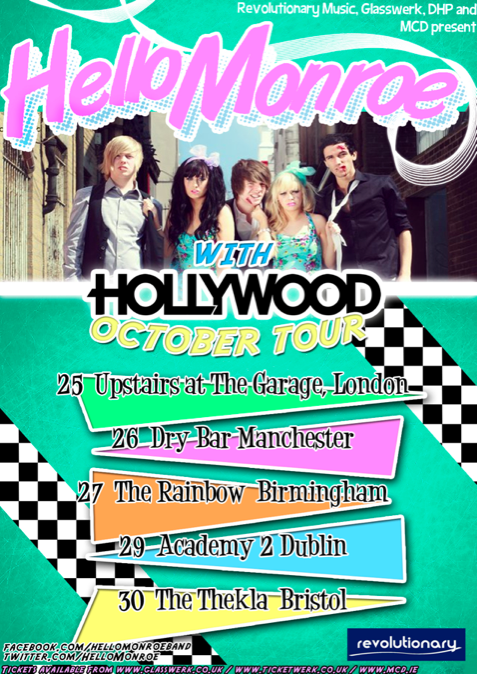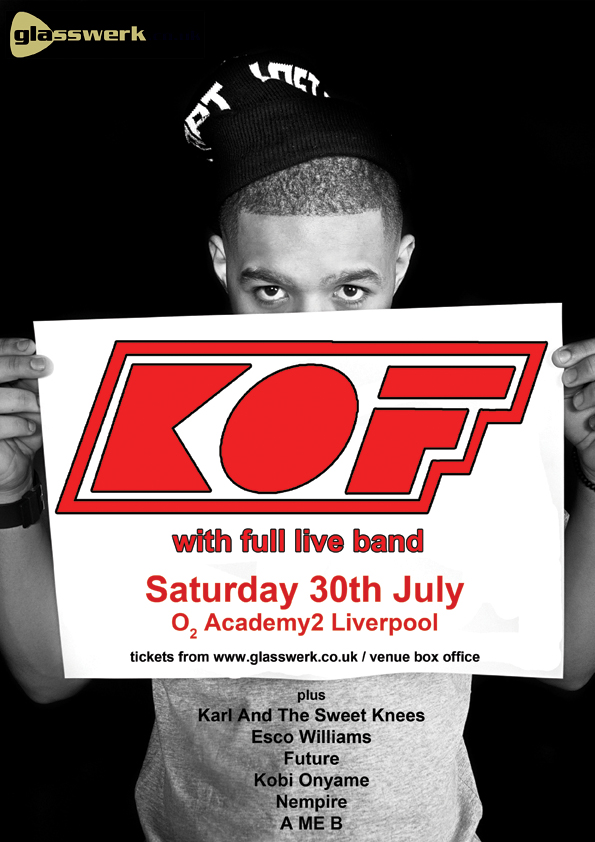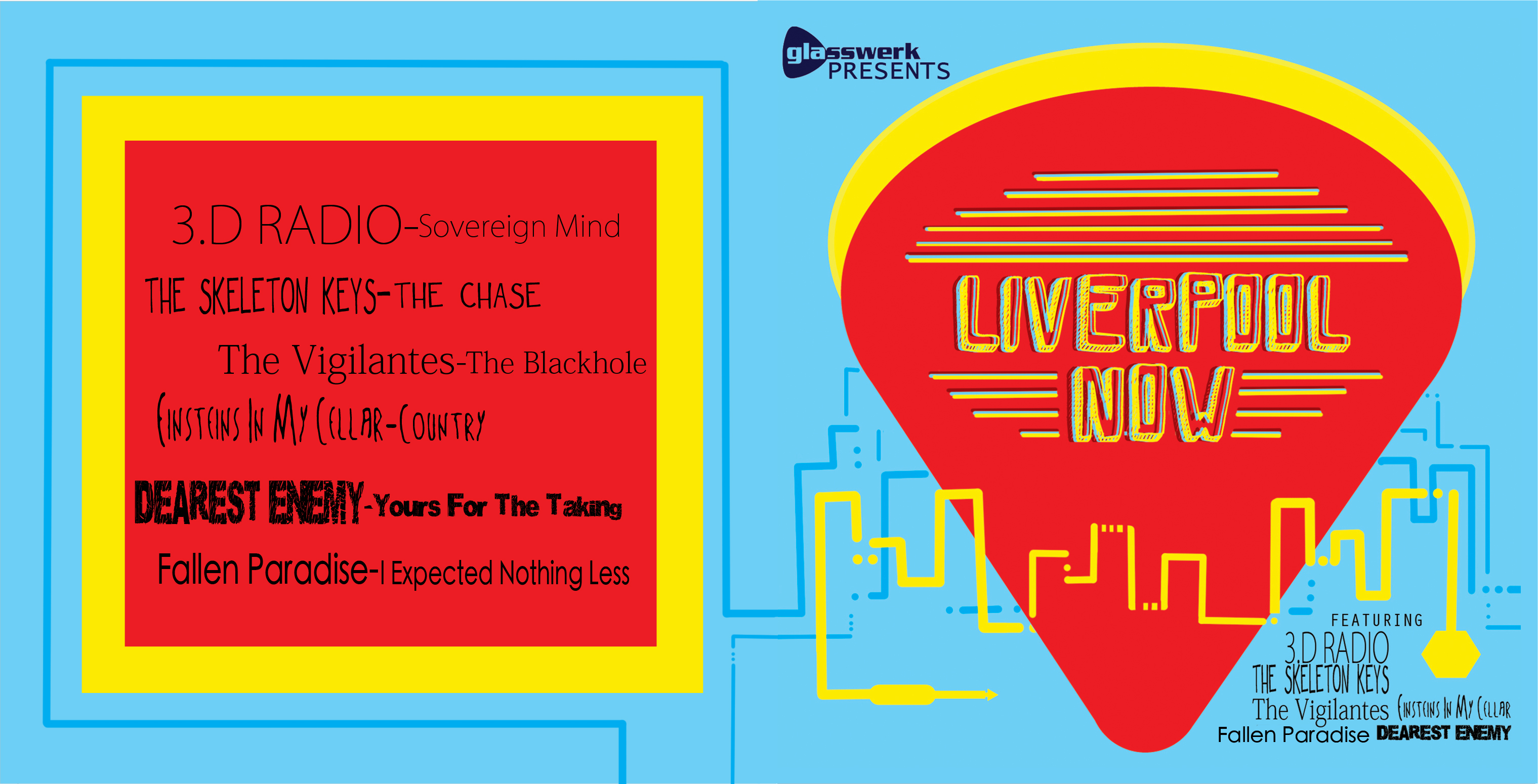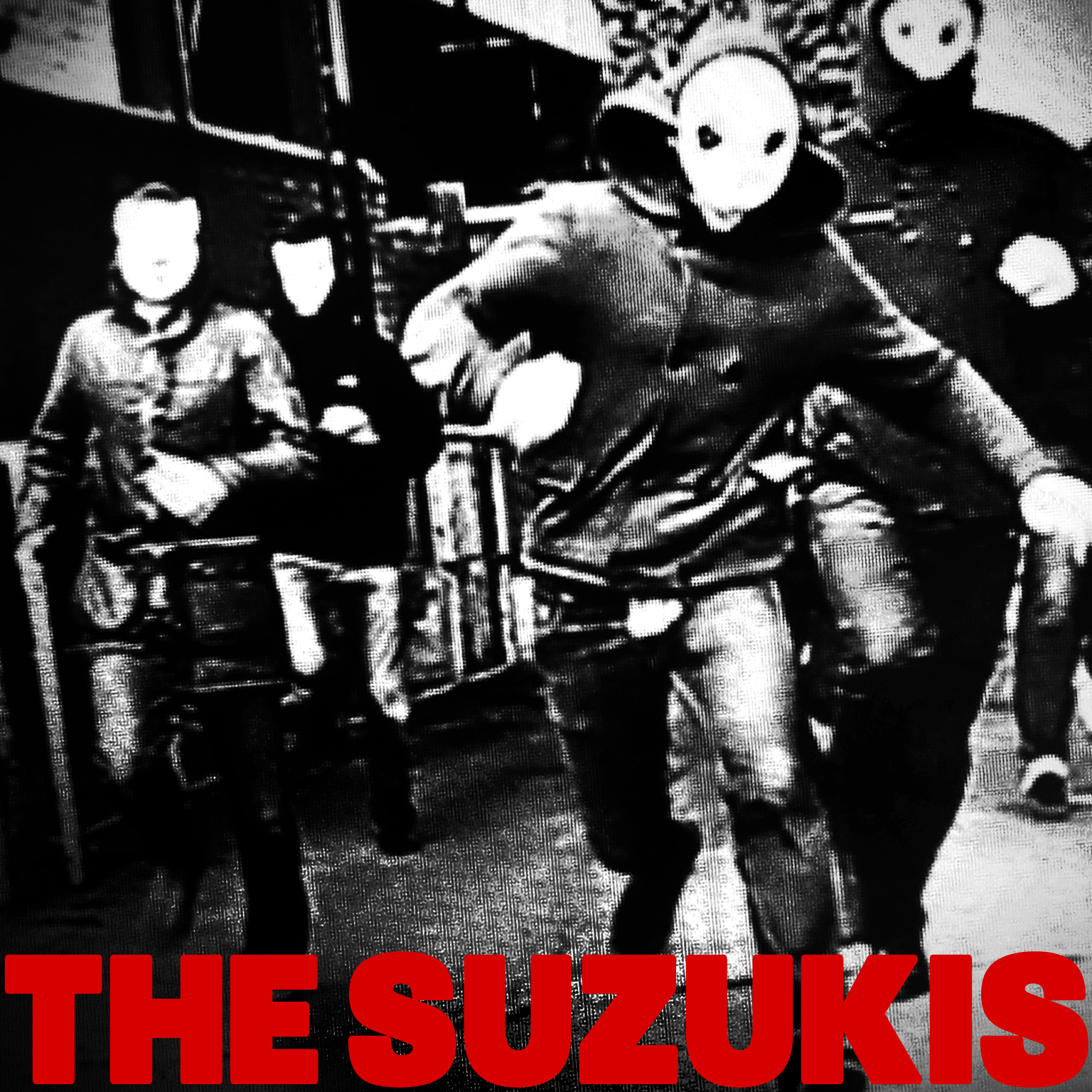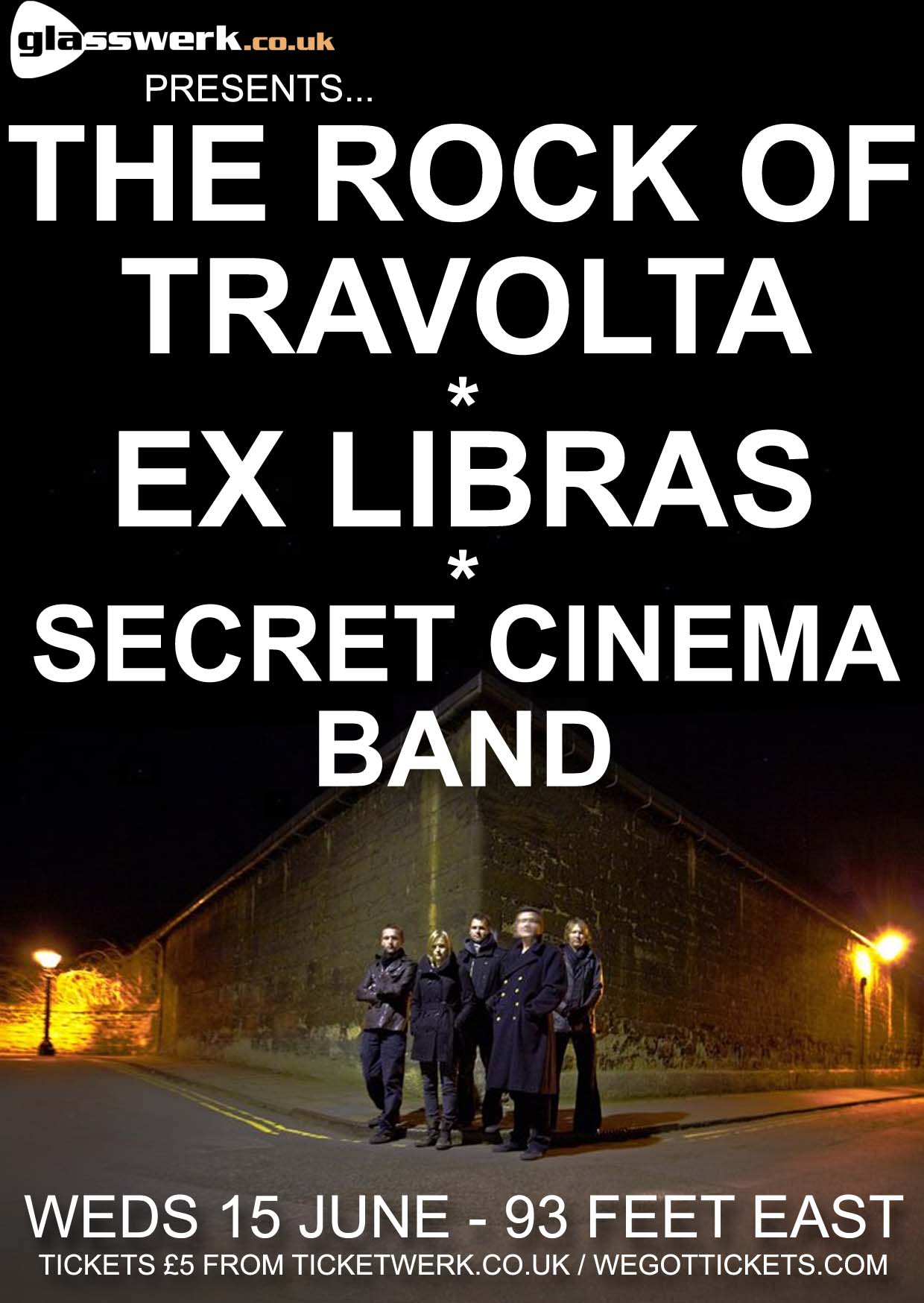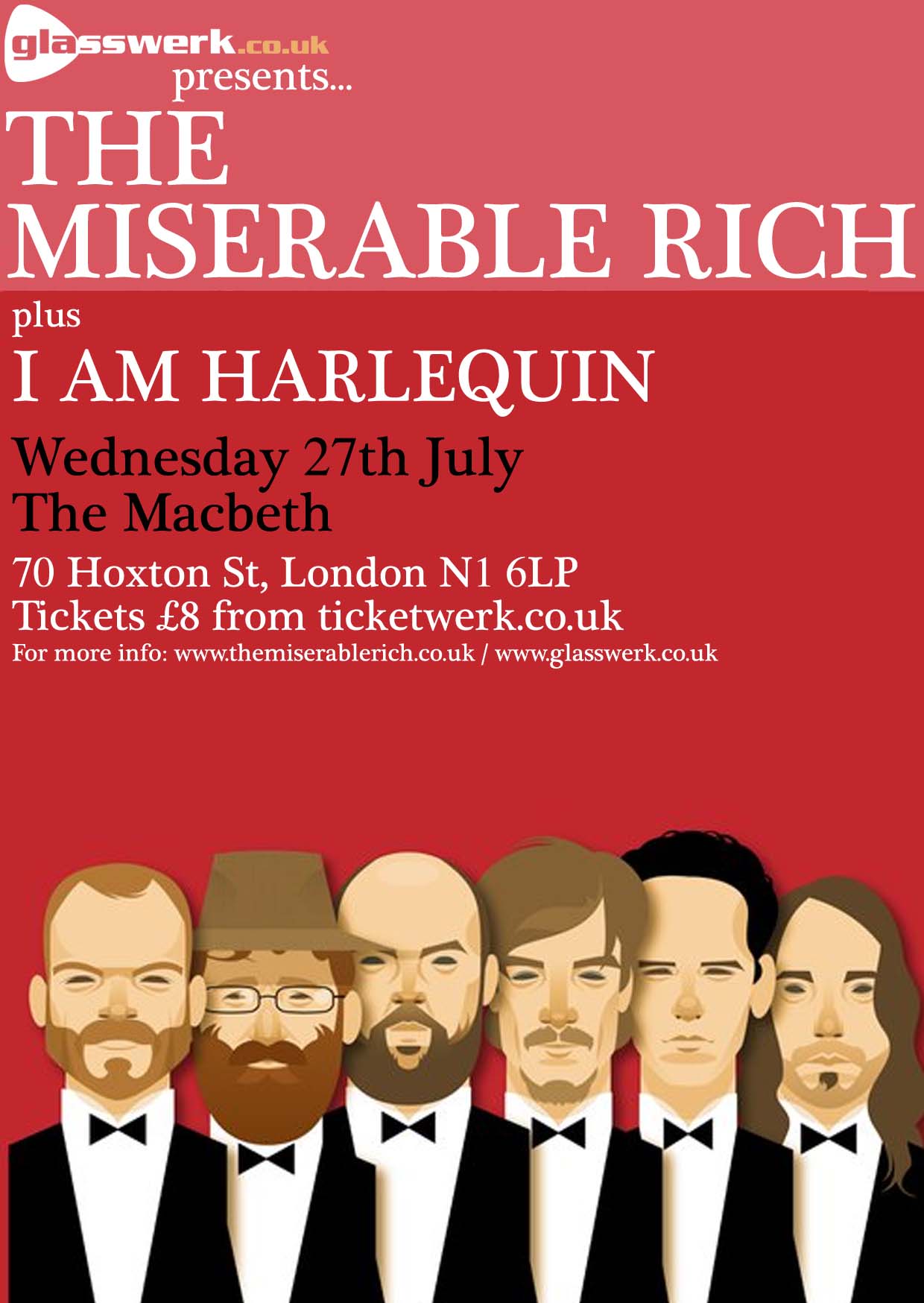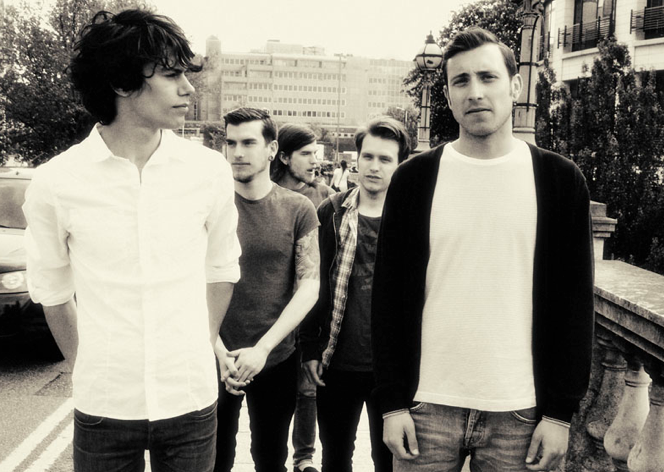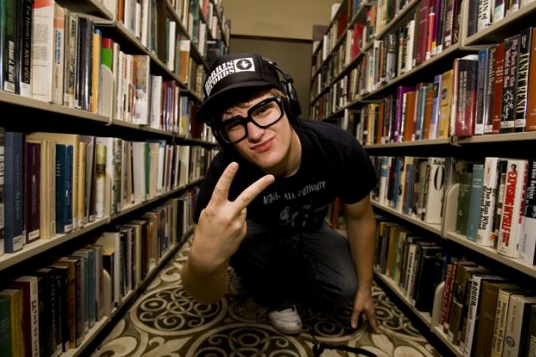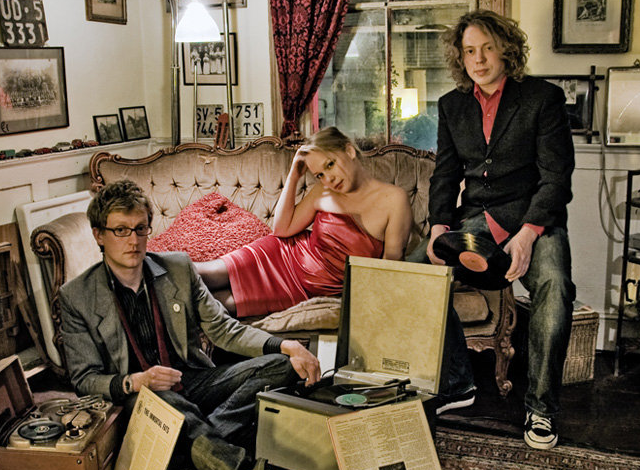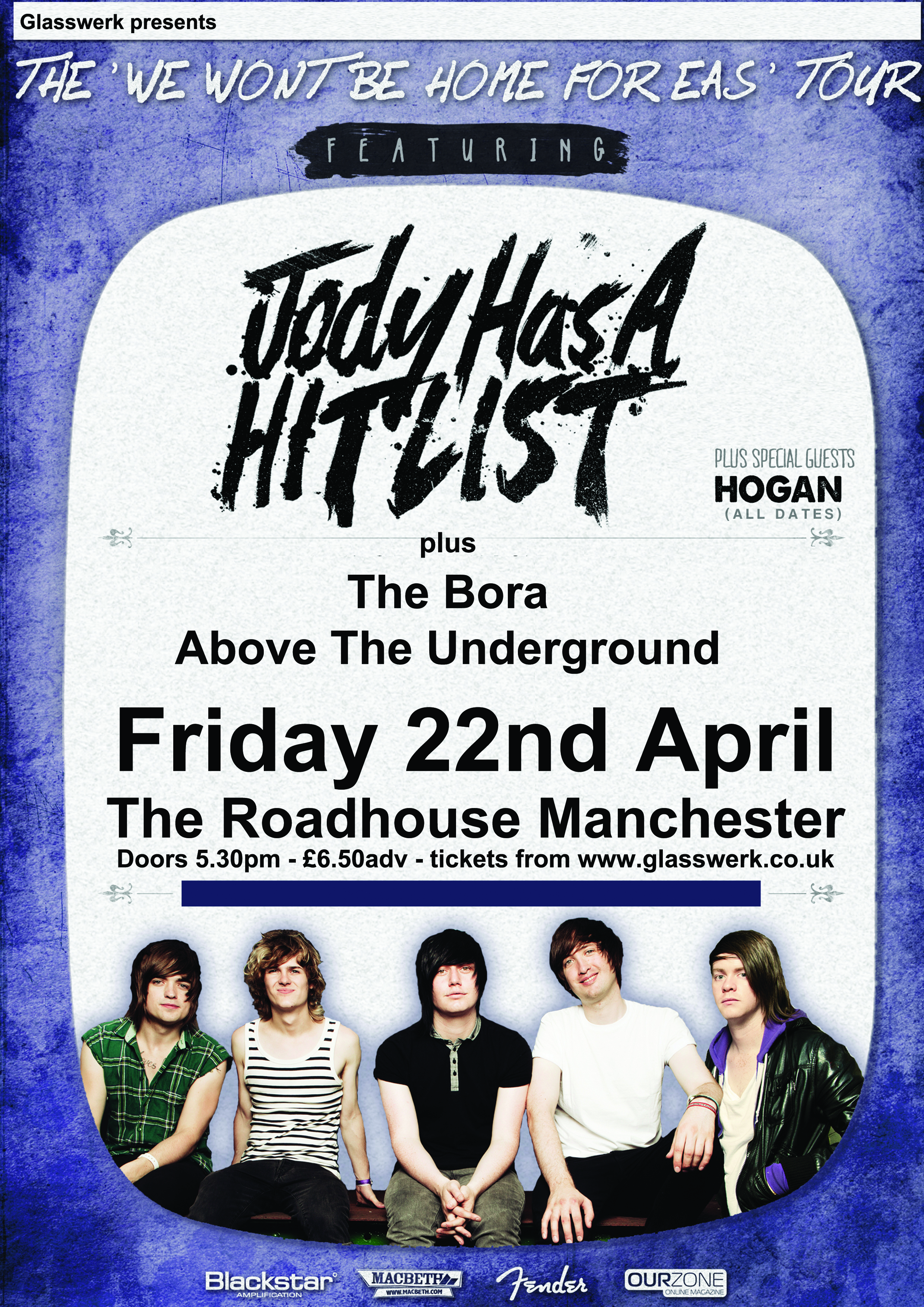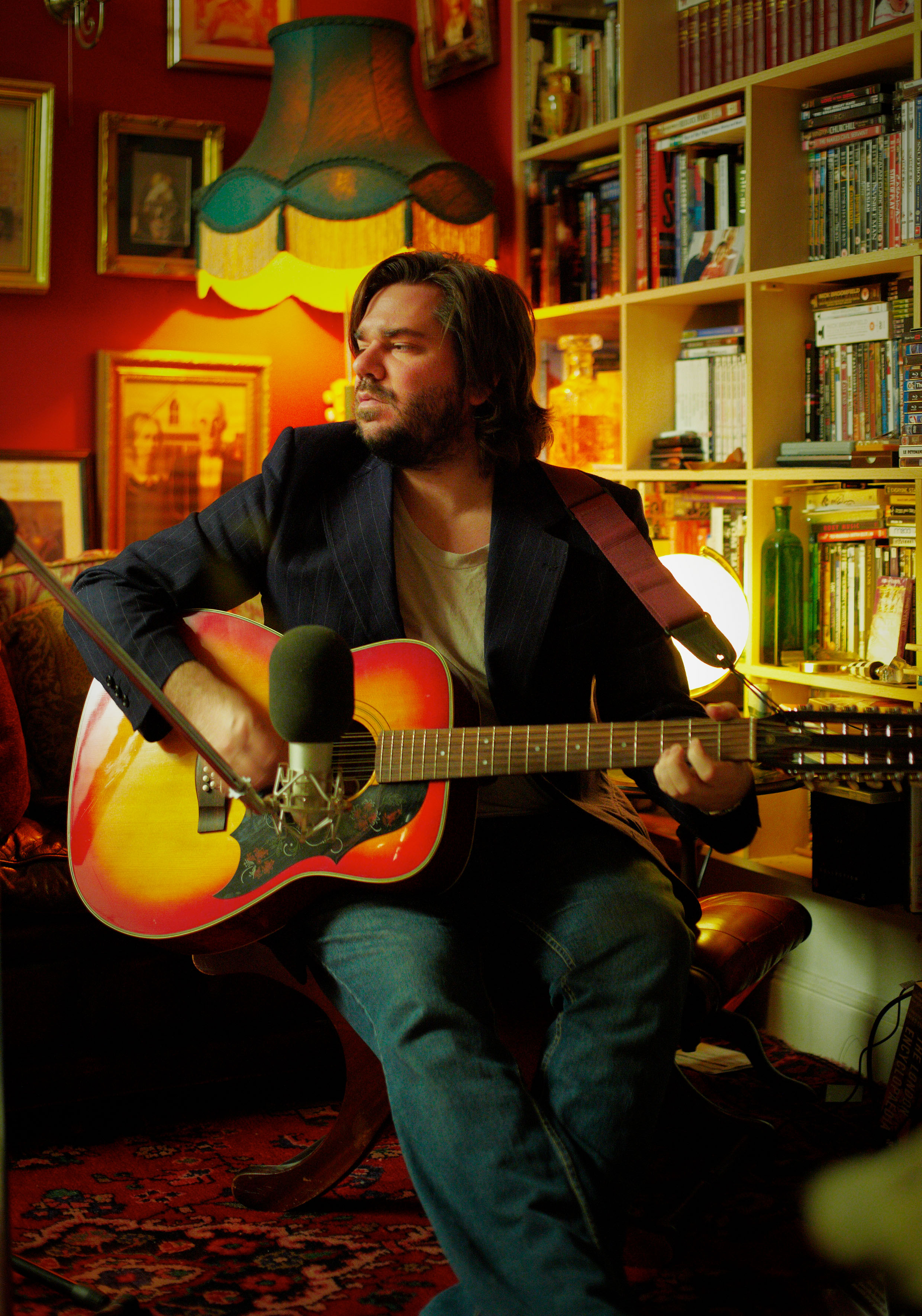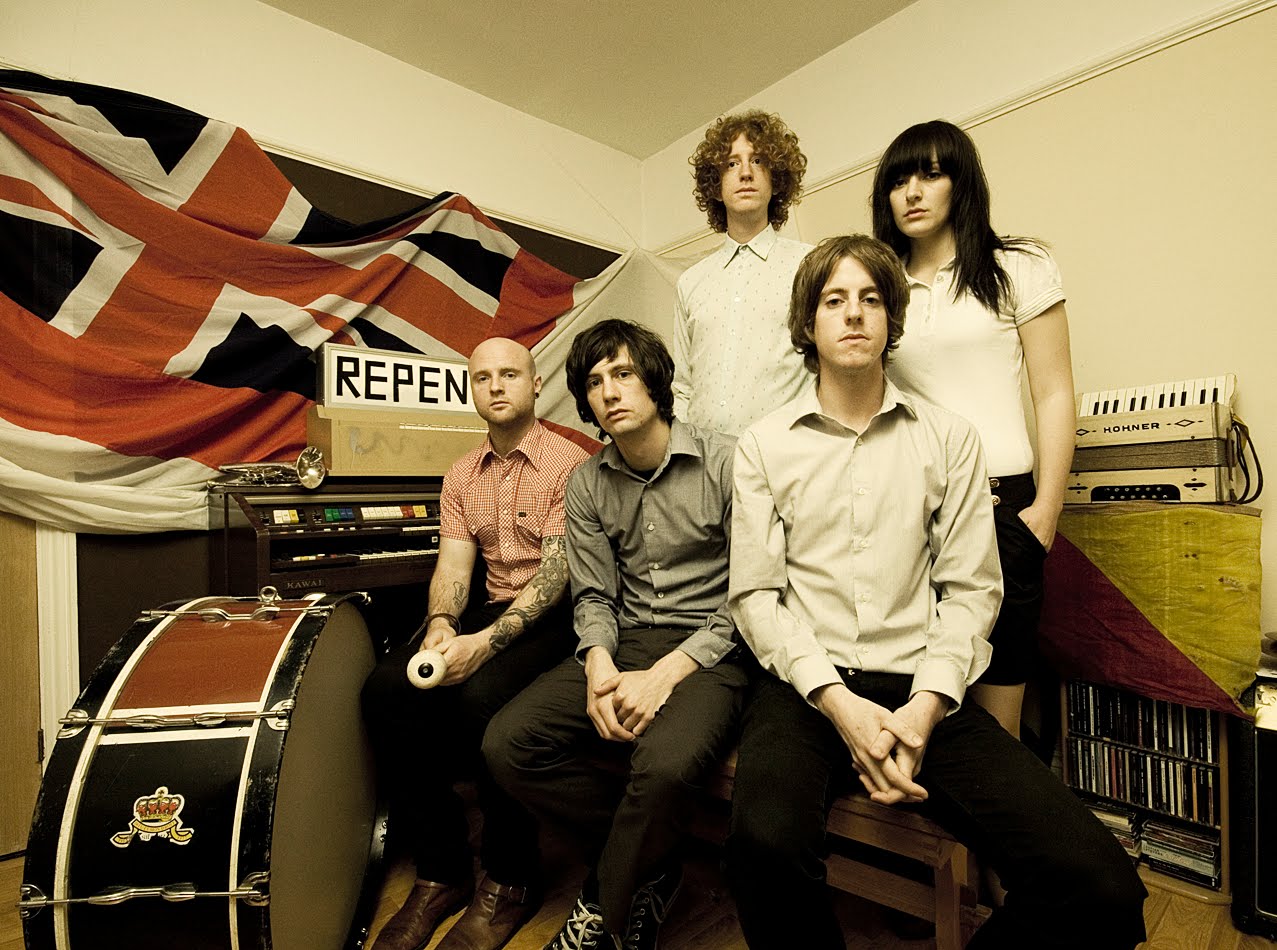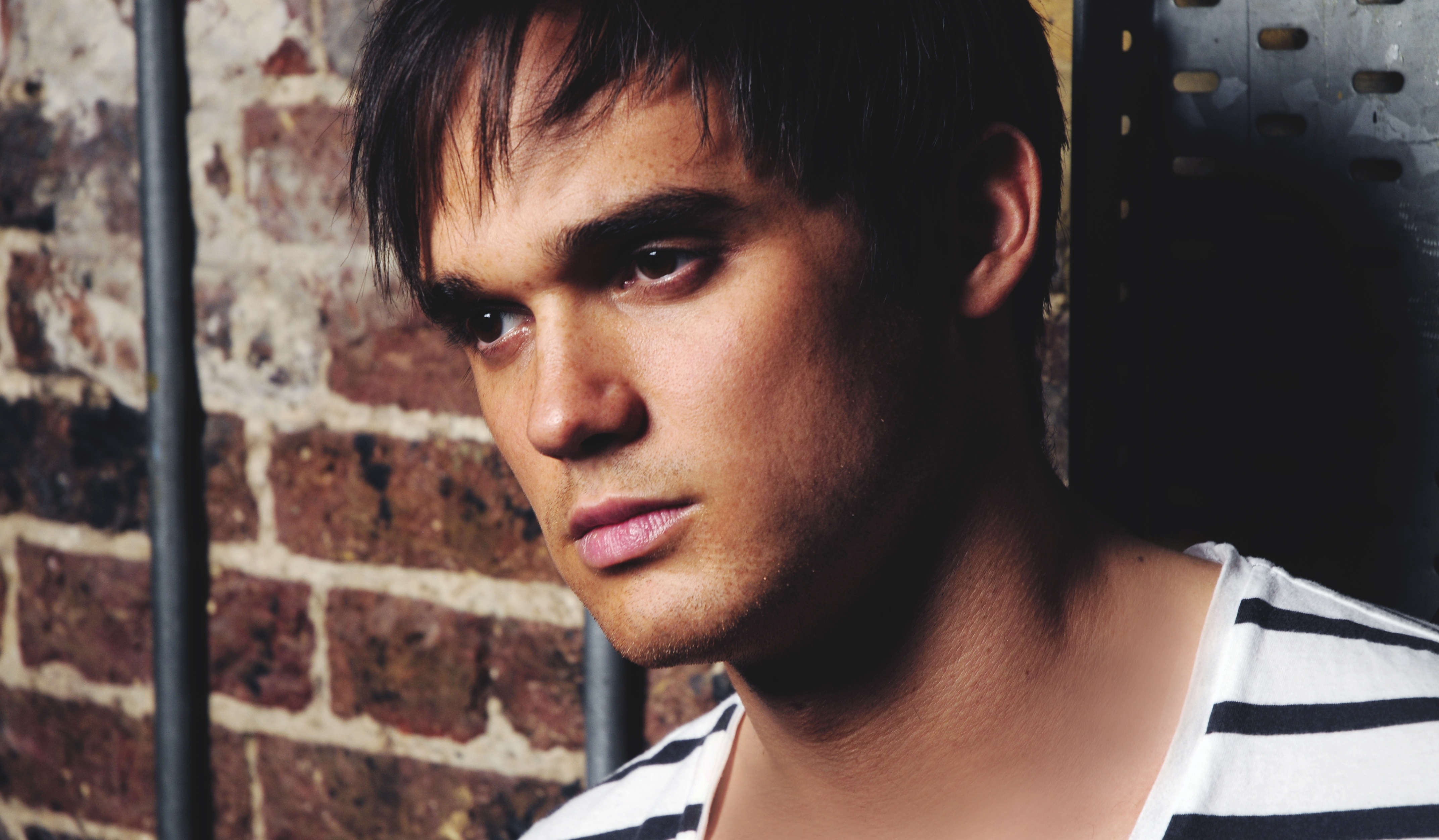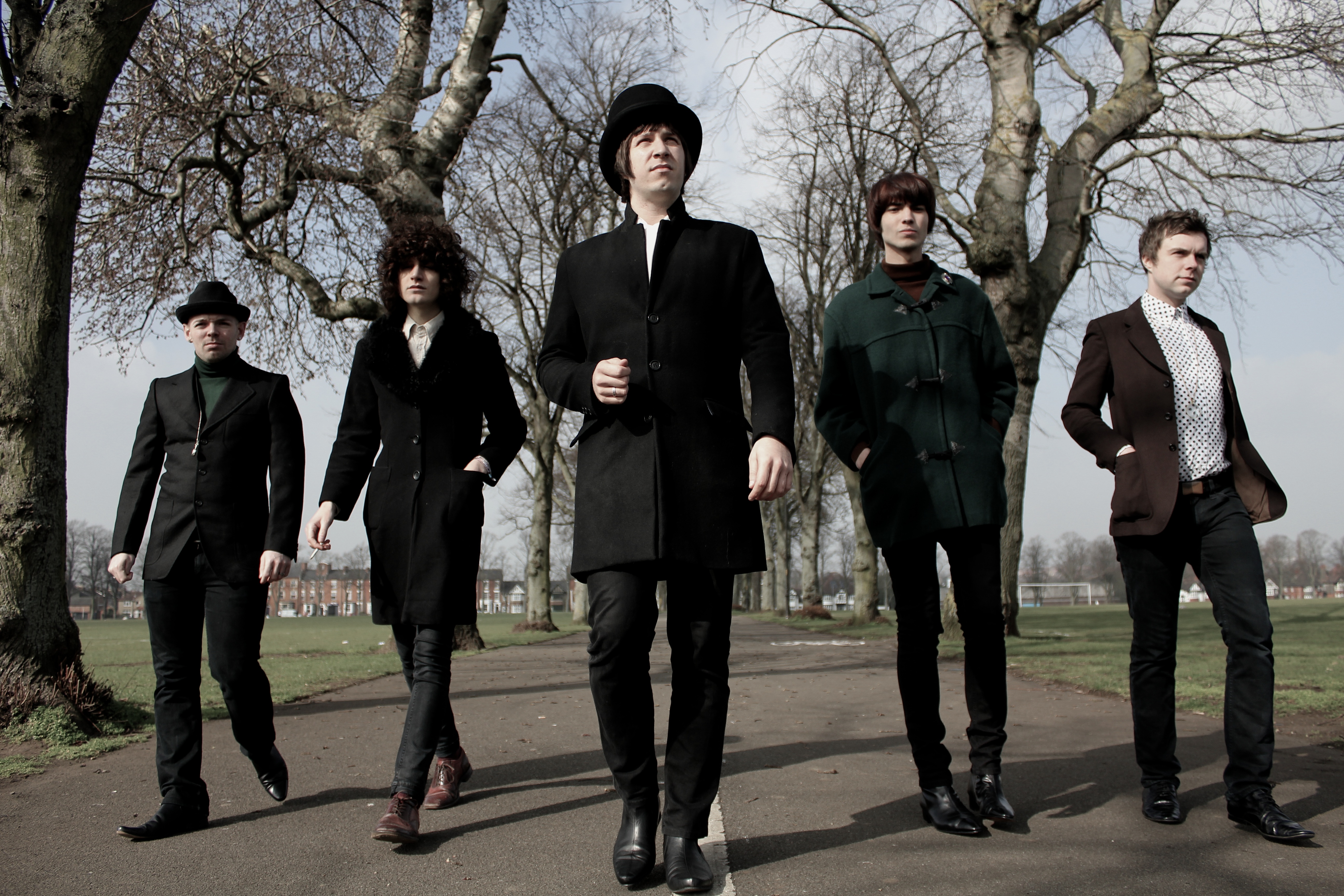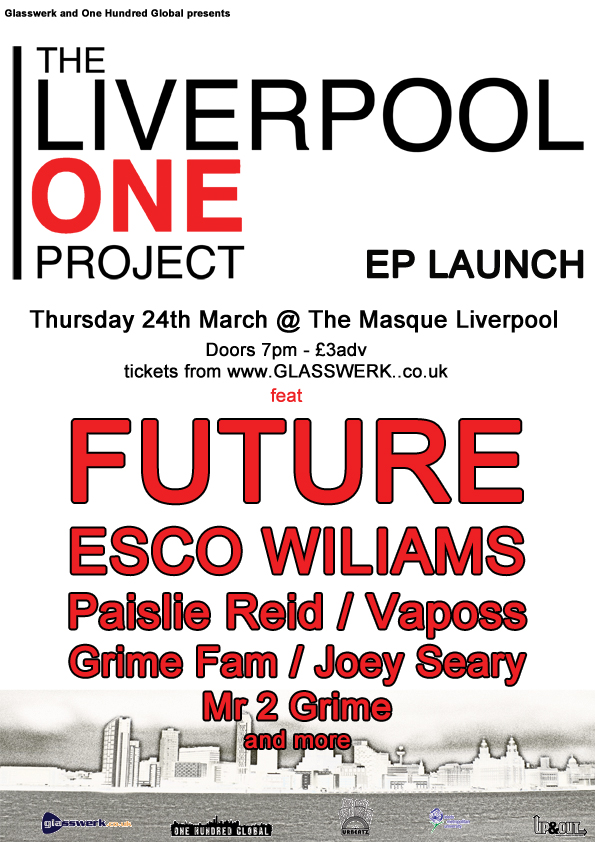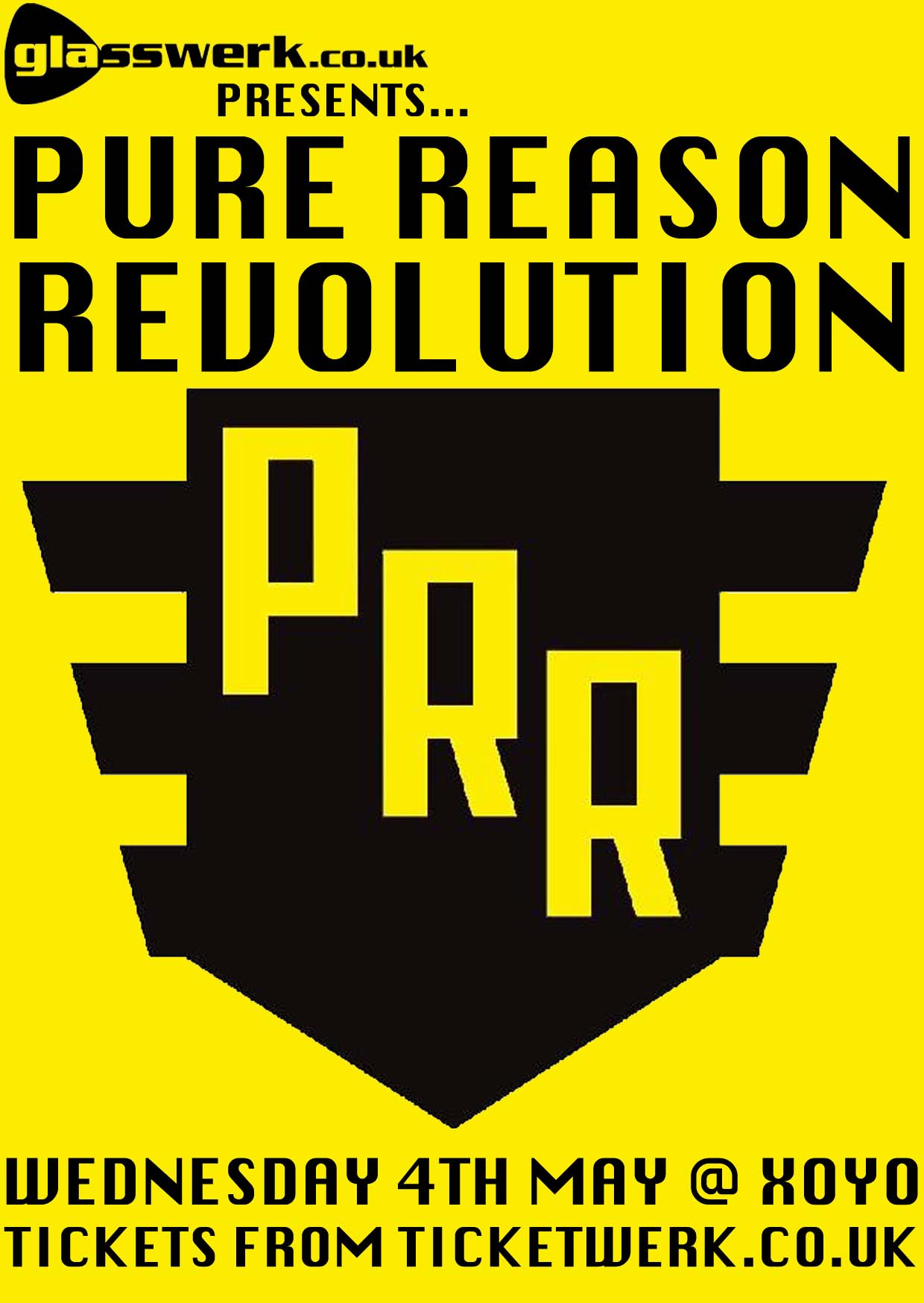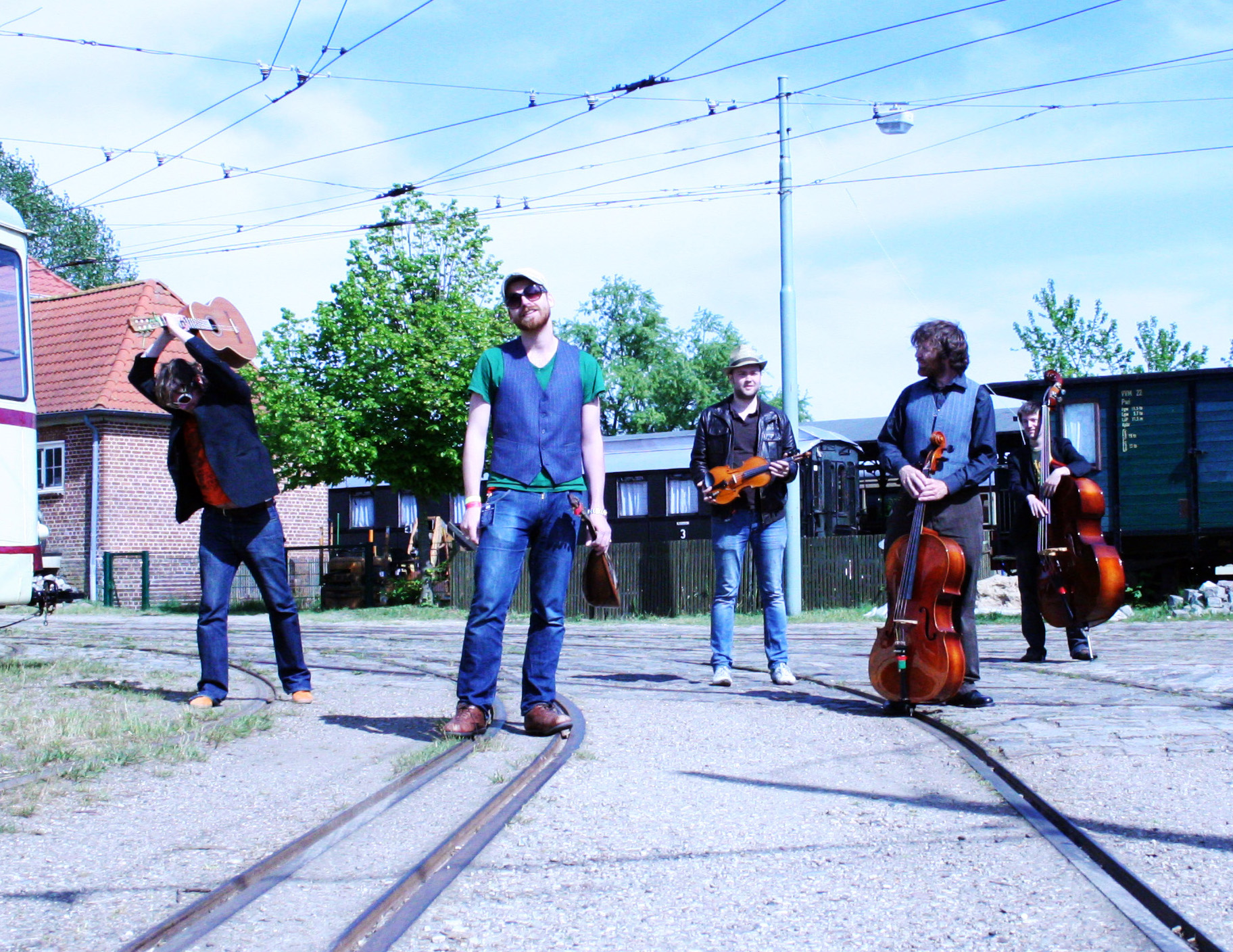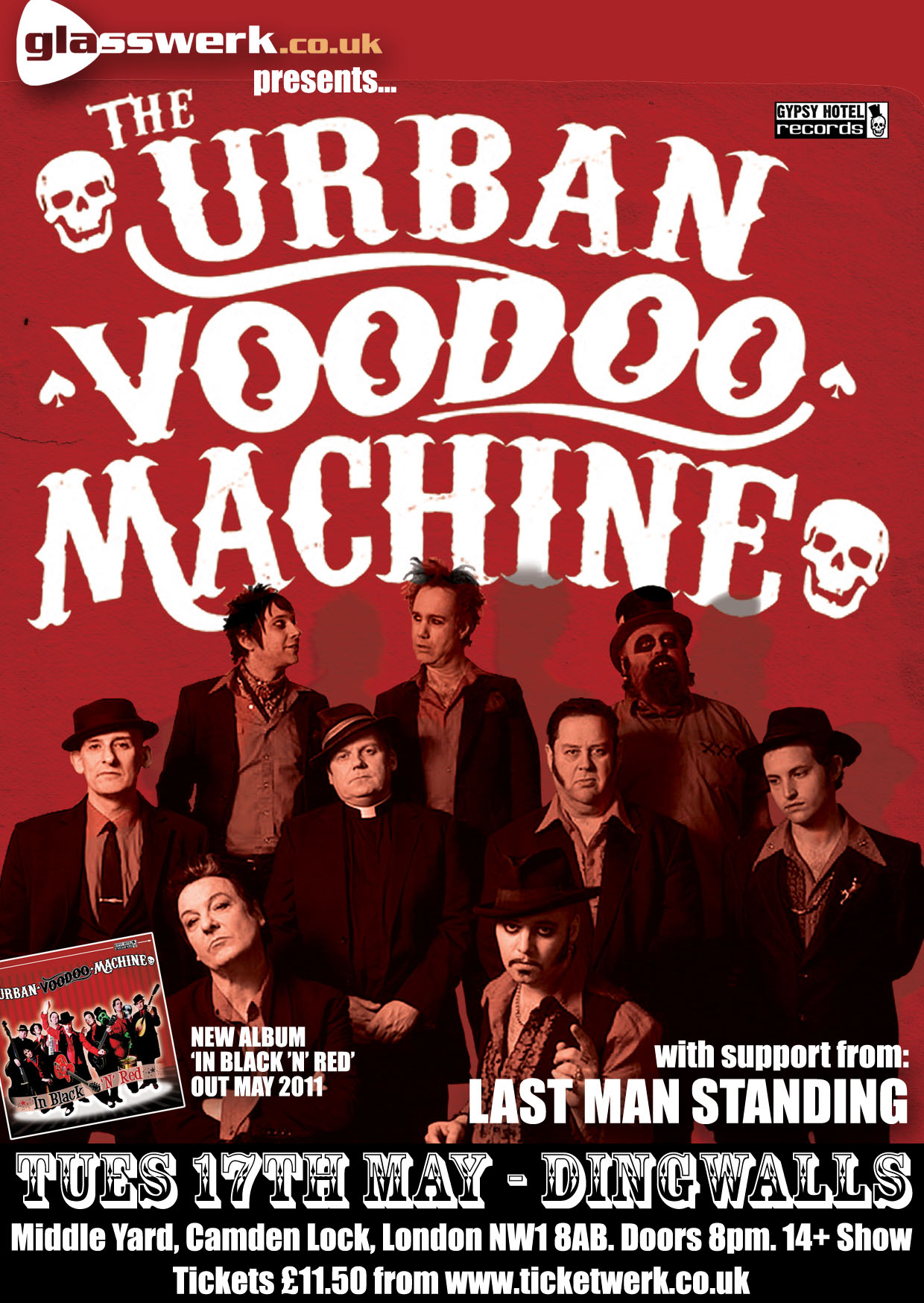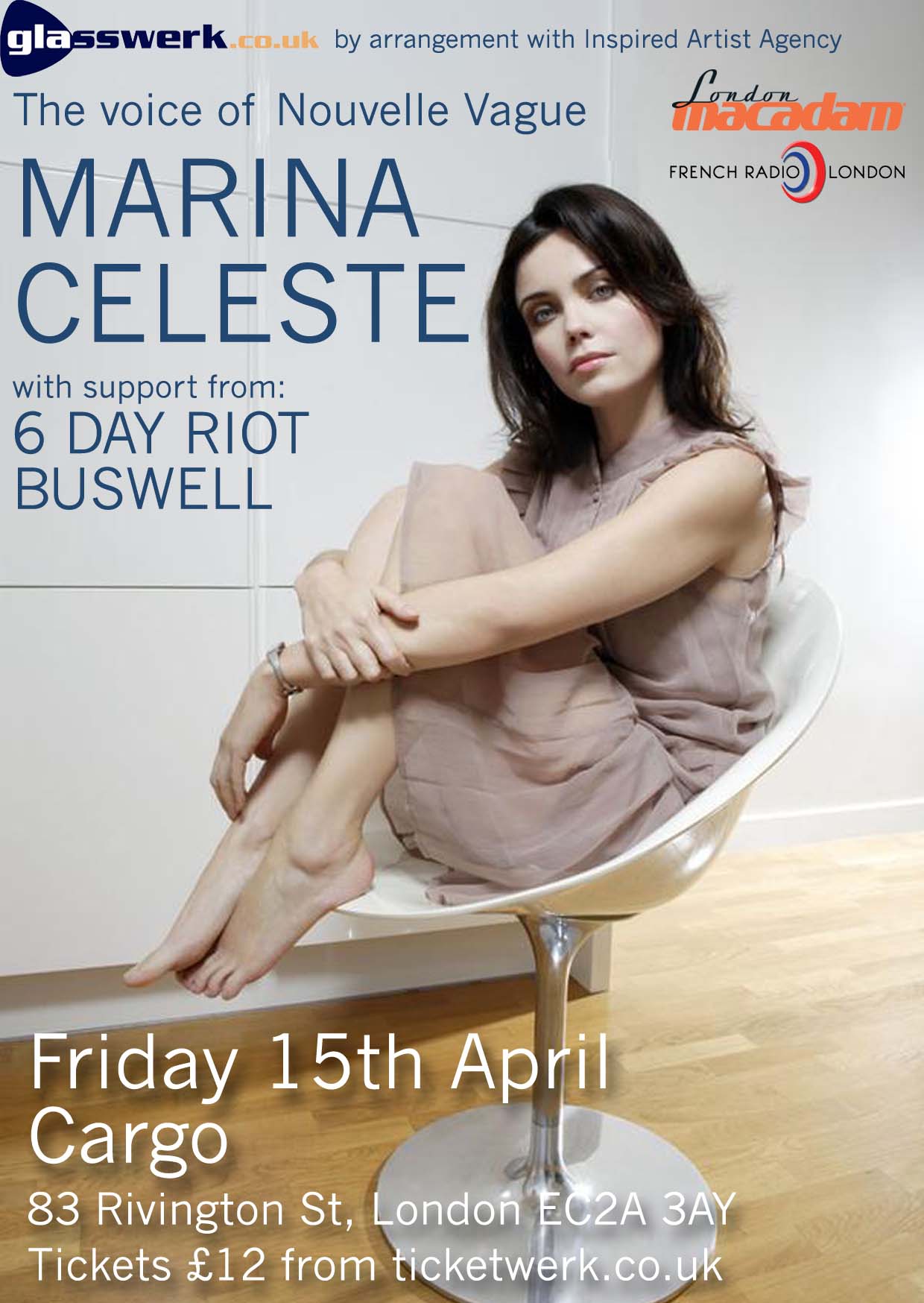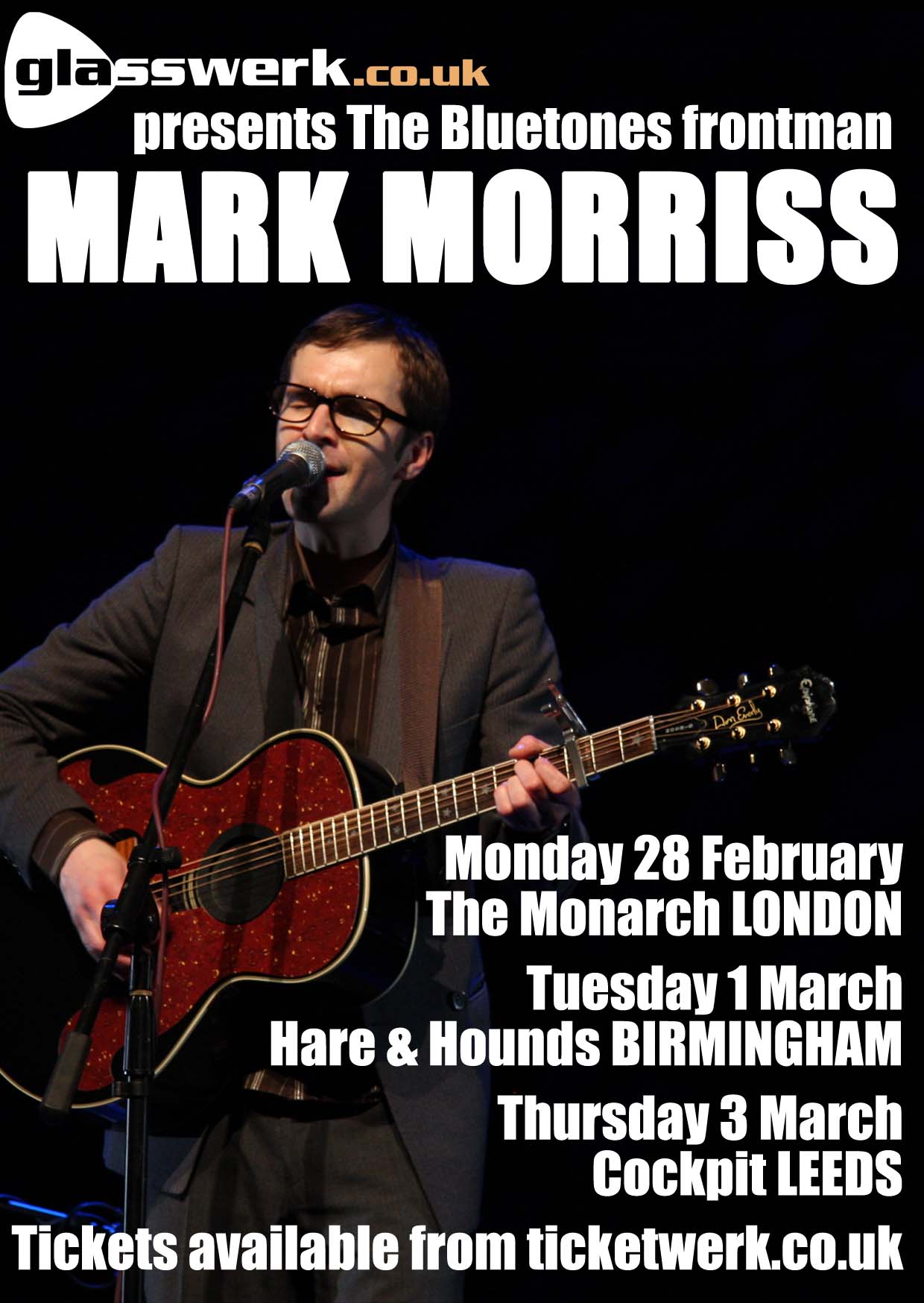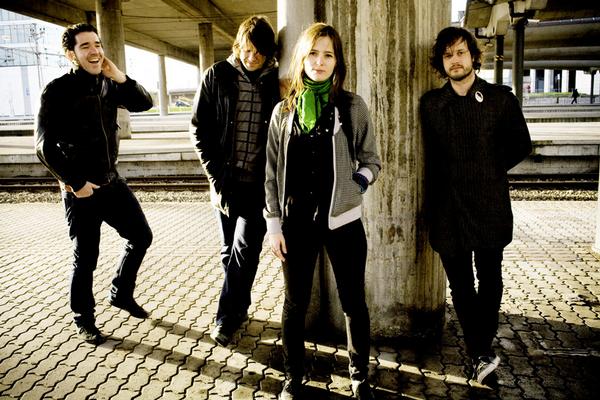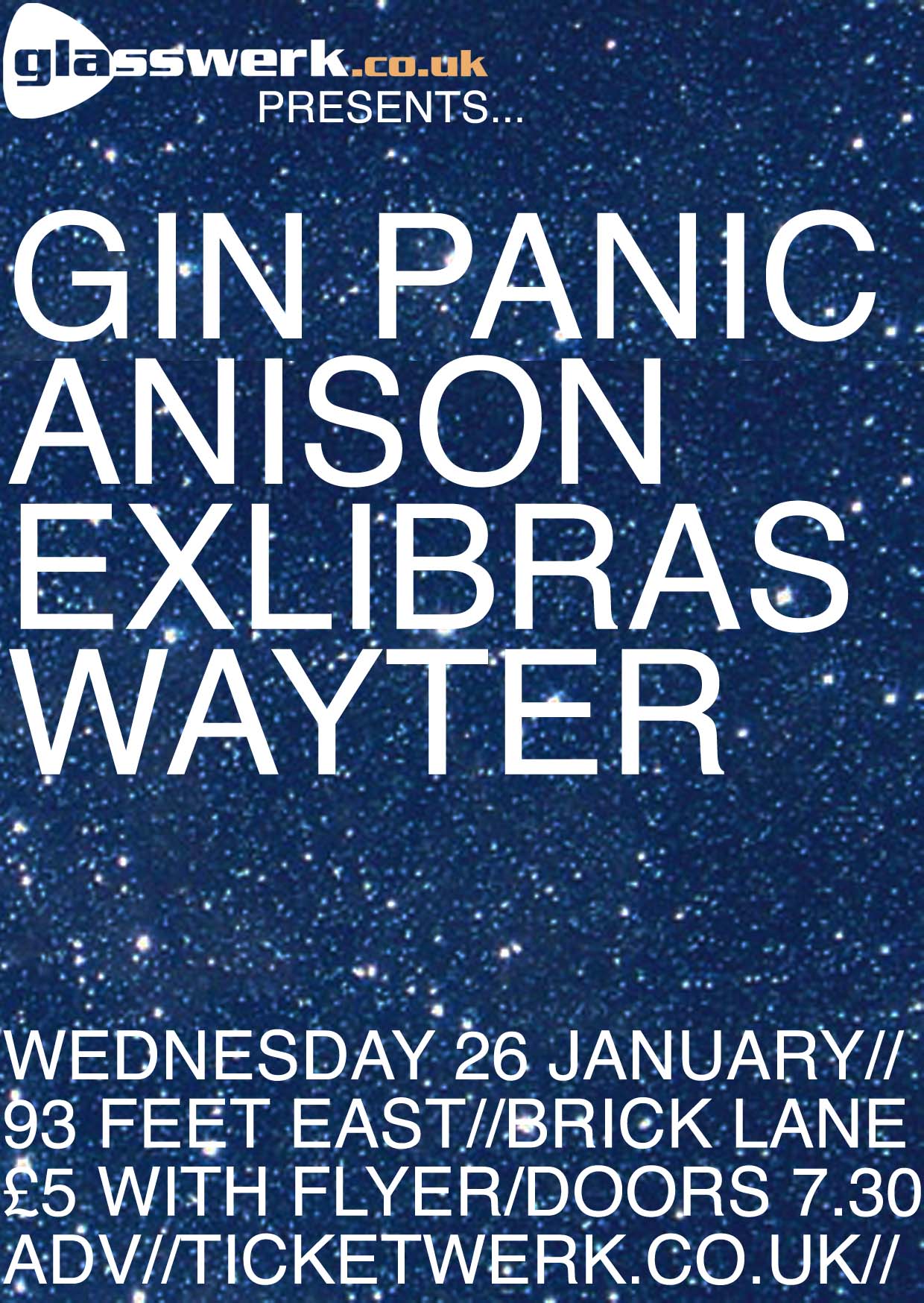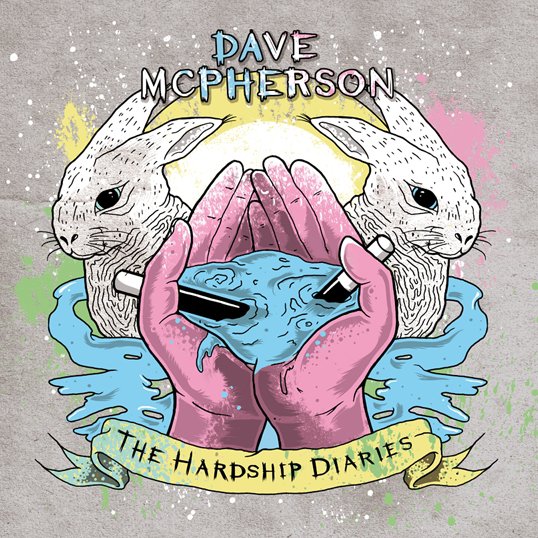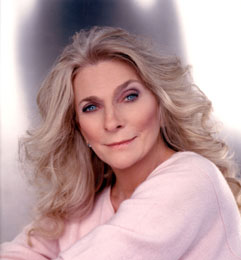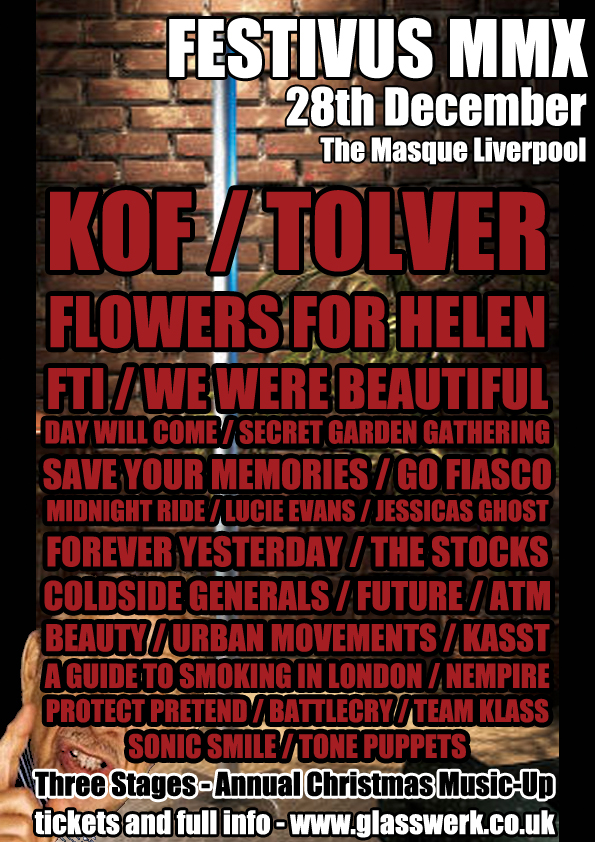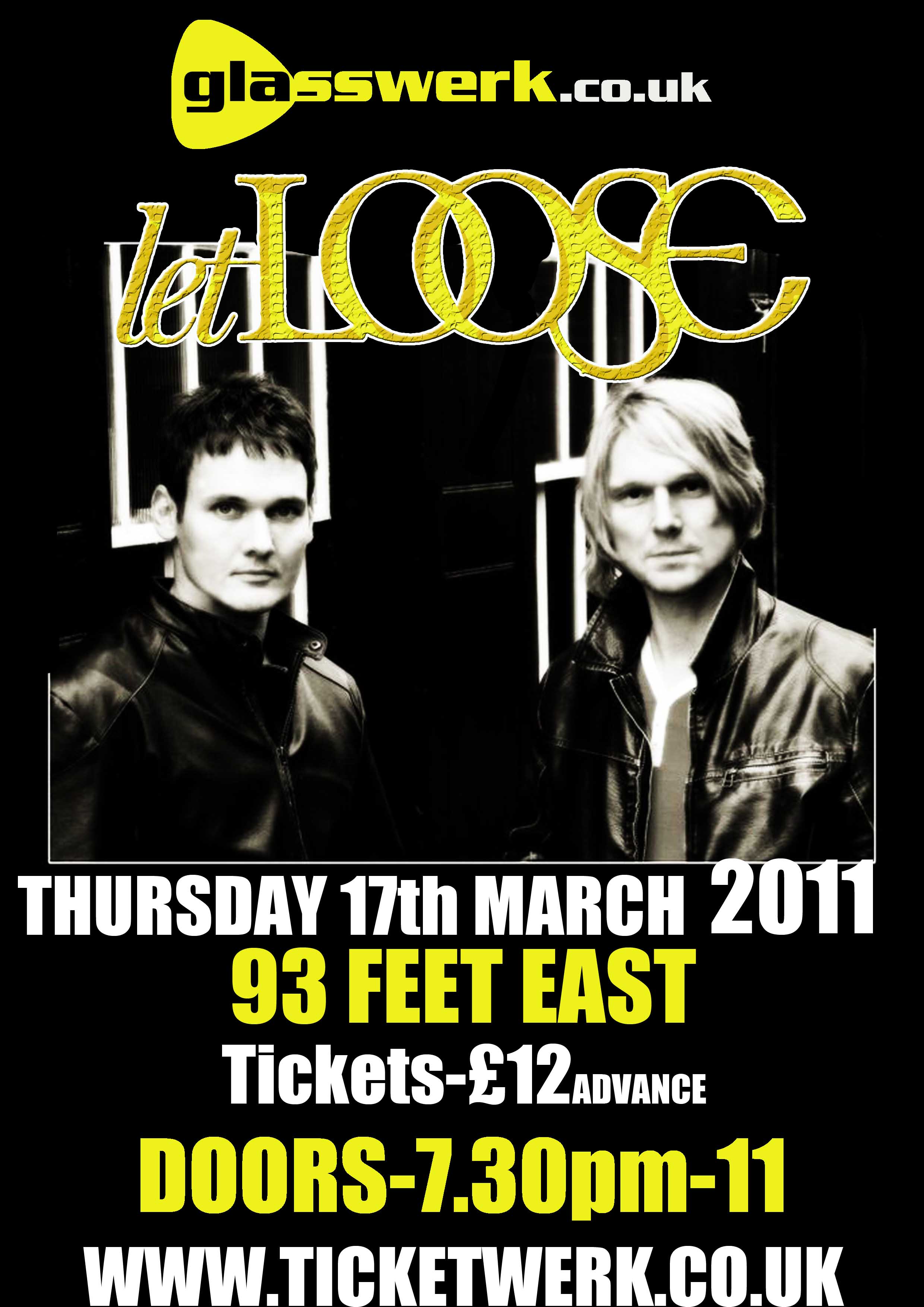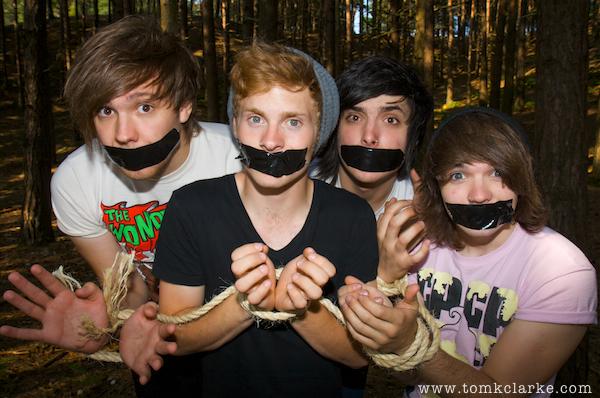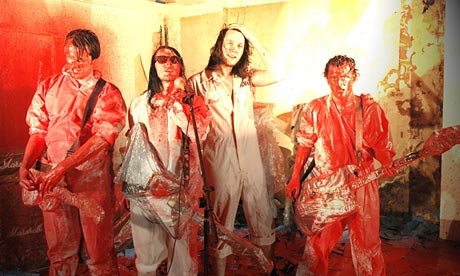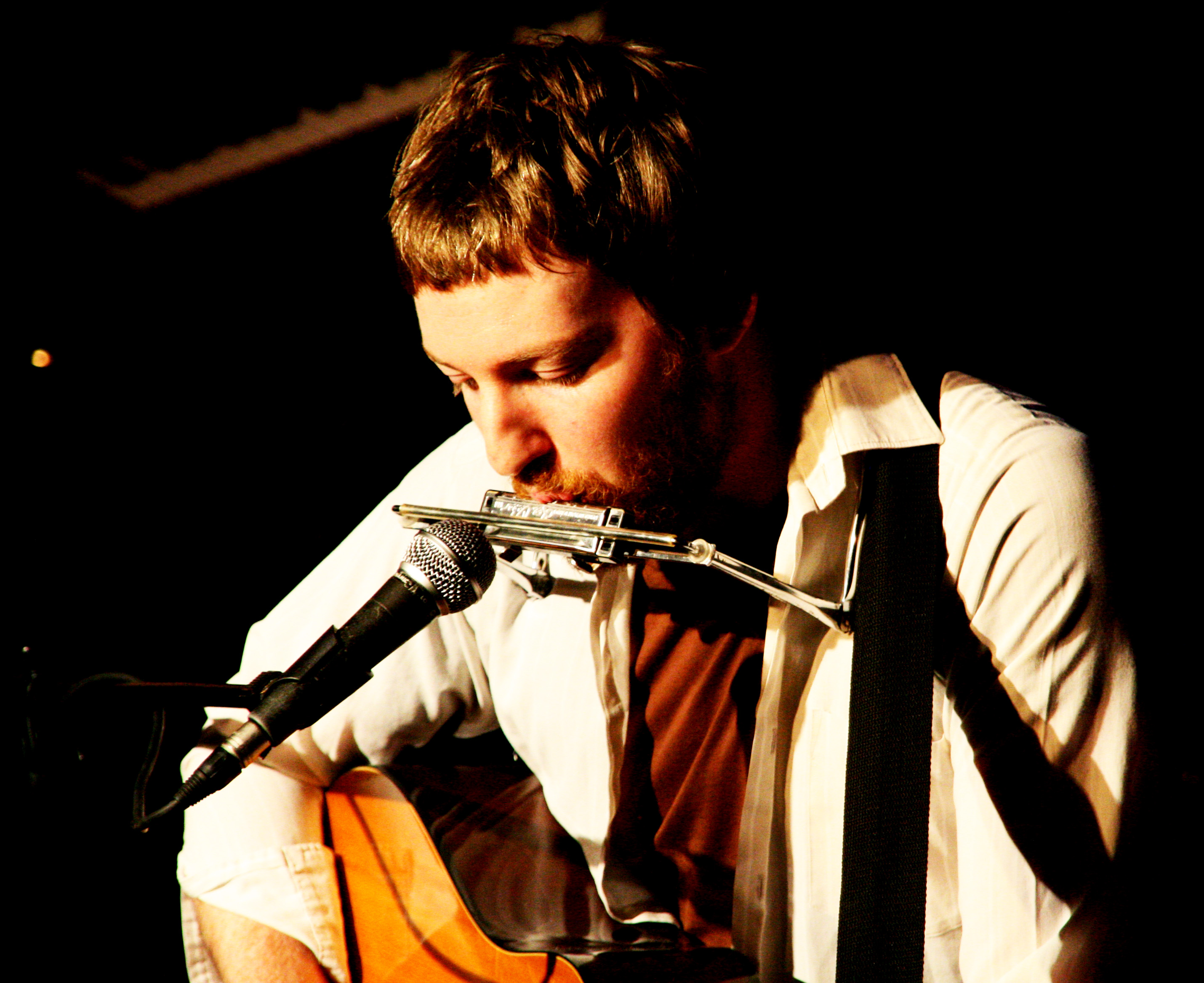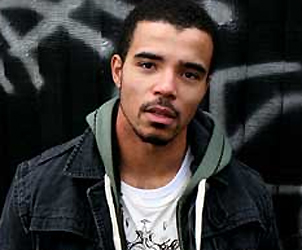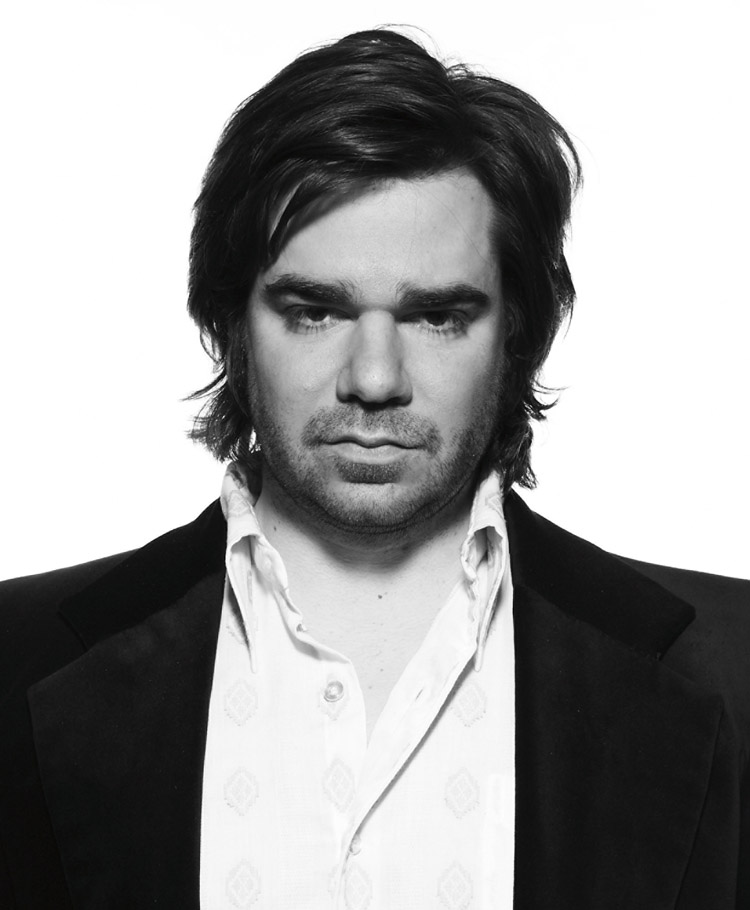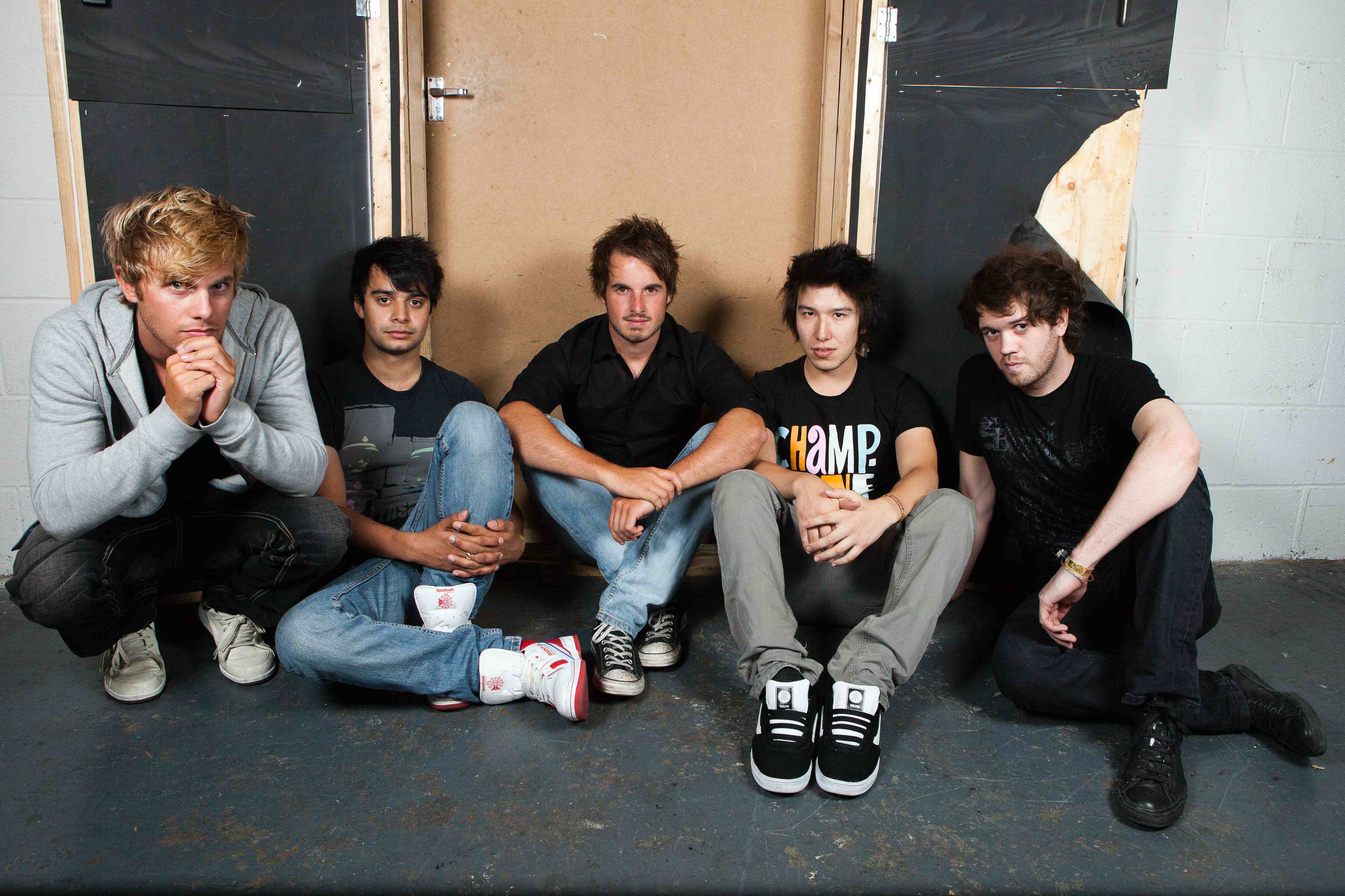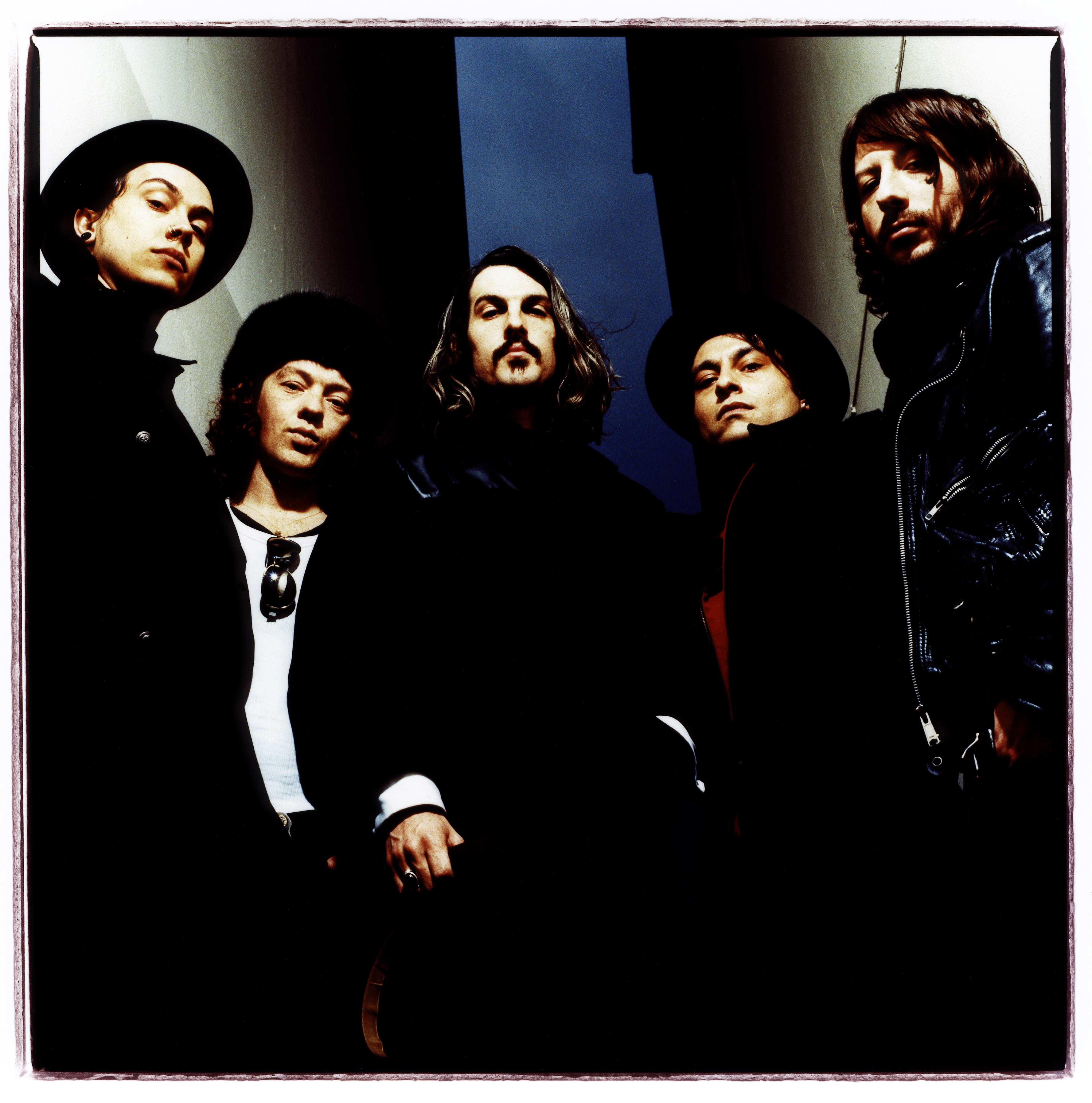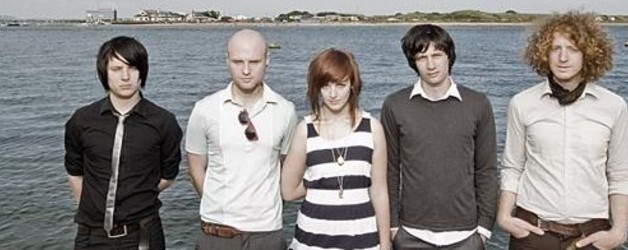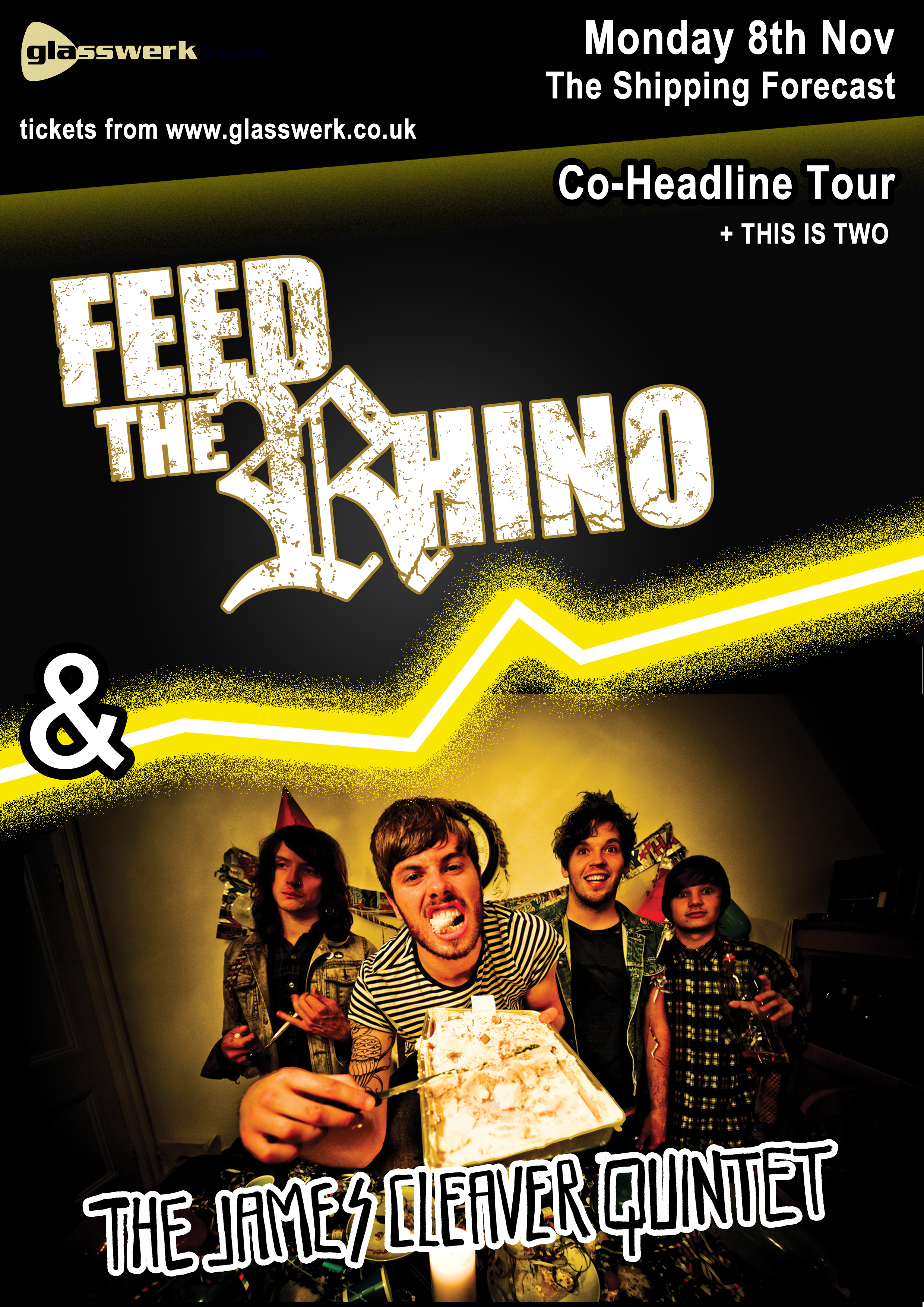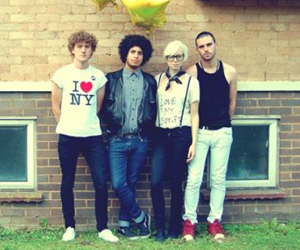Glasswerk.co.uk presents…
The Strange Death Of Liberal England
11th Oct – Leeds, Milo
25th Oct – London, The Lexington
27th Oct – Birmingham, The Flapper
28th Oct – Manchester, Ruby Lounge
2008, London. Producer Dave Allen (The Cure, Depeche Mode) notices a copy of the debut mini album from Southsea’s The Strange Death Of Liberal England in a record shop. Intrigued by the name and the sleeve art of the record, designed by bass player Kelly Jones, he makes his purchase and falls in love with what he hears.
2008, Southsea. The five members of The Strange Death Of Liberal England are in a strange place. Having seen press acclaim for their debut mini album, ‘Forward March!’ and played the expected tours and festivals they reach a creative impasse as their former label, Fantastic Plastic, retrenches. From nowhere Dave Allen contacts them and they arrange to work together with no clear and obvious path to follow. The seeds of their debut album, ‘Drown Your Heart Again’ are sown.
The first fruits of this relationship are a limited single, ‘Angelou’, and an initially fraught creative relationship that sees the producer declare their proposed album tracks ‘hopeless’ in the main as tempers fray. Yet Allen’s belief that the band are capable of greatness cuts through the tension and the band react by listening to his advice to de-complicate the songs with key writers Adam Woolway and William Charlton re-writing existing songs and creating new tracks which, on presentation, get the producer’s seal of approval. From the glorious naivety of their debut release, the band move forward several gears, believing that their strong melodies and undoubted creative abilities can prosper without the attendant sloganeering and deliberate musical intellectualising that had been a large part of their oeuvre to that point. Choruses are embraced, song structures are formalised, attention is paid to the song rather than the concept.
This being The Strange Death Of Liberal England, a band driven by a love of the likes of The Cure, The Smiths and other acts that balanced pop with deeper meaning, the concept still has a place and the first sign of that is an audacious decision for the unsigned band to play a sit down theatre show with a full orchestra. A meeting in a pub between keyboardist and band philosopher Andrew Wright and local youth orchestra leader Richard P Horn leads to this one off, sold out show at the New Theatre Royal at which many of the new songs are premiered and the circle of thinking for the album is complete. As with many of the relationships that create ‘Drown Your Heart Again’, the orchestra give their time for free, becoming part of a community that will, in combination, deliver this most unique of debut albums.
With producer and full orchestra in place, Portsmouth once again delivers as local recording facility, The Old Blacksmith’s Studio, offers the band time gratis to make the album. In a nice piece of extra community feeling, this is where the band’s career began having won studio time there in a local battle of the bands competition that went on to become their debut EP. Allen drives his camper van down to the South Coast and for three weeks the producer of, amongst other things, The Cure’s all conquering ‘Disintegration’, camps out and shares in the cheap pizzas cooked in his van’s oven that fuel the sessions. From nowhere in 2008 to a completed album at the opening of 2010, the unsigned band have created a community of like minds to deliver an album that pools the talents of all to create an orchestral pop record of quite dazzling melody, lyricism and overall feel.
It seems appropriate that at the heart of the album is a sense of community and an overriding desire to scale musical peaks. The members of the band have been their own self sustaining community since meeting in Gosport, Hants, as teenagers. As singer Adam Woolway explains, it’s the kind of place that throws together anyone outside the local ‘norm’, the kind of place immediately recognisable to anyone born outside of the major cities of the UK:
‘We learnt to play by forming the band. Gosport was the kind of place where, if you like our kind of music and look like we do, you were thrown together, the idea of safety in numbers transcended age’.
The album itself would not be as it is without the band’s now home town of Southsea, a stone’s throw from Portsmouth. Whilst Adam’s lyrics do not draw specifically on the area, the juxtaposition of the seemingly endless expanse of the sea visible from his living room window and the lights of the city inhabit the songs throughout the album. Searchlights of lost friends flicker from offshore to the South East (‘Flickering Light’), ‘waves like armies on horseback’ backdrop a sun sinking behind the buildings on ‘Flagships’, the endless sea and the captive sun in combination or conflict, ships in the night become a metaphor for unseen lives (‘Shadows’) as the album builds a lyrical tableau where nature becomes a palliative for the blows of life in the city as Adam explains:
‘For me, there has always been something 'spiritual' to the sea. It’s a place where people surrender their emotions, like a confession, literally leaving them behind. As well as a boundary and an ear for melancholy and loneliness, however, the sea is also a place of happiness, of nature, and of freedom and escapism. It is this contradiction that I have tried to convey in my lyrics across the album. The album is not about a particular event but the human emotions that all stare back at you when you look out from Southsea beach in the middle of the night.’
In their expropriation of sea shanty on their debut mini album and again here on the ship’s horn that announces the album’s title track, the harmonium on ‘Autumn’ or the album closer ‘Dog Barking At The Moon’ replete with elegant, mournful brass that ebbs and flows like the tides, the sea excerpts a huge influence on the music whilst title’s like ‘Flagships’, ‘Rising Sea’, ‘Lighthouse’ and the album title itself make the connection between the band and location explicit.
From nowhere and despondency in 2008 to now it has been a strange journey indeed. Along the way, the making of ‘Drown Your Heart Again’ has seen the five piece band become a community endeavour, a meeting of like minds and like hearts to create an album that flows like the sea that stands as its major influence. As with all albums there are plenty of odd moments, the theft of Dave Allen’s camper van and its use in a car bombing of a Nissan garage in High Wycombe, the abandoned Victorian coastal fort that houses the Richard P Horn Youth Orchestra but, as with the band’s new found desire for focus, these are beside the point. The Strange Death Of Liberal England are no longer complicated. They are effortless, simple, brilliant, beautiful pop and ‘Drown Your Heart Again’ is the purest evidence of that for which anyone could wish.

